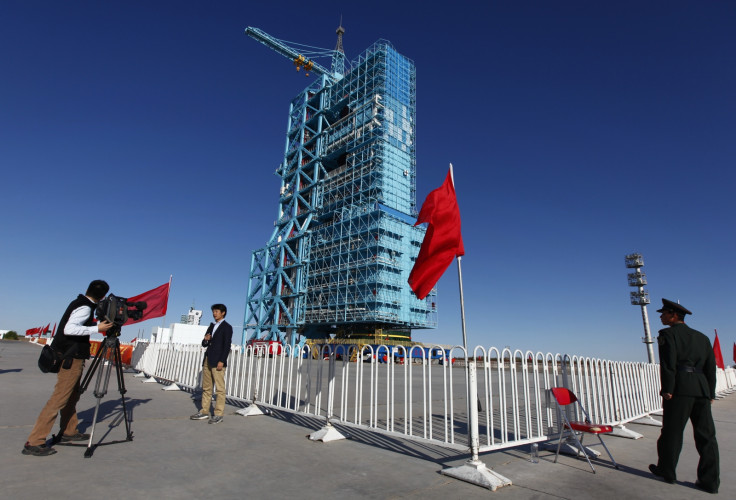China to launch atomic clock in space that would lose only 1 second in a billion years
The clock will be the world's most accurate timekeeper and will help Beijing in civilian and military purposes.

China is poised to launch a landmark "cold" atomic clock into space that would help Beijing in both civilian and military purposes. The clock is said to be so accurate that it would lose only one second in a billion years making it a pioneering event in China's changing space industry.
The device, known as the Cold Atomic Clock in Space (Cacs) is believed to be world's first such initiative as earlier attempts by US and European agencies were stonewalled due to budget cuts.
"It is the world's first cold atomic clock to operate in space... it will have military and civilian applications," professor Xu Zhen, a researcher involved with the Cacs project, told the South China Morning Post.
The Cacs is claimed to be several thousand times more accurate than the clocks that are used in GPS satellites. The Cacs will be fitted in Tiangong-2, Beijing's second space lab, when it takes off from a launch-centre in Inner Mongolia on Thursday (15 September).
Cold atomic clocks are usually considered more accurate than hot ones since colder atoms, which move slowly, provide longer probe time for researchers to arrive at a more precise result.
The idea of deploying an atomic clock into space was first mooted by European space-experts in early 90s, but their space agency's project Atomic Clock Ensemble in Space (Aces) was met with several delays. The Cacs, can be carried by two people, is relatively smaller in size compared to Europe's Aces and US's NIST-F2.
"When I heard of the Aces project, I was still a student. Now we've scooped them, it is understandable that some might feel a bit sour," Xu was quoted as saying. China also has plans to expand its space ventures in the coming years including the setting up of a fully-fledged international space station in 2020.
© Copyright IBTimes 2024. All rights reserved.







